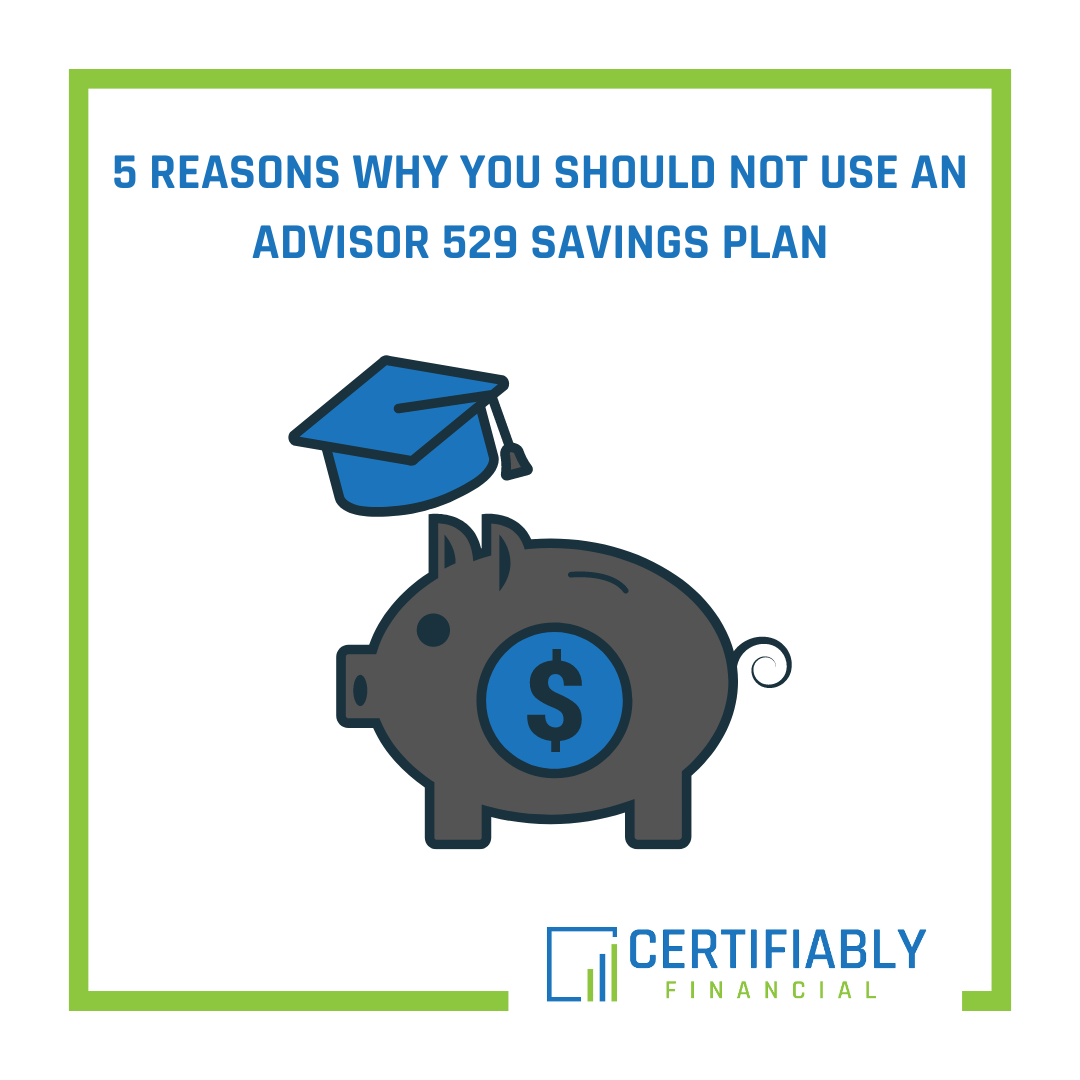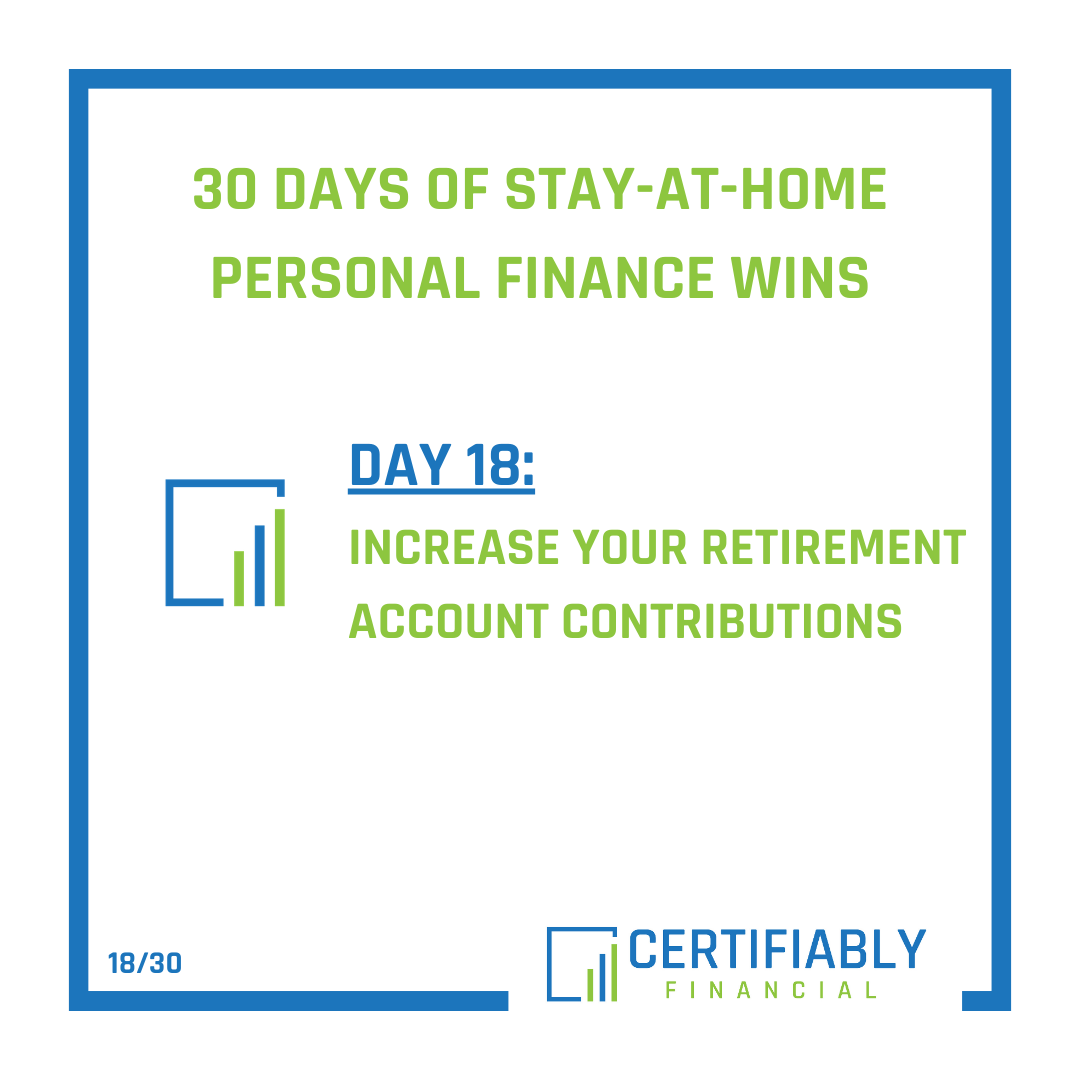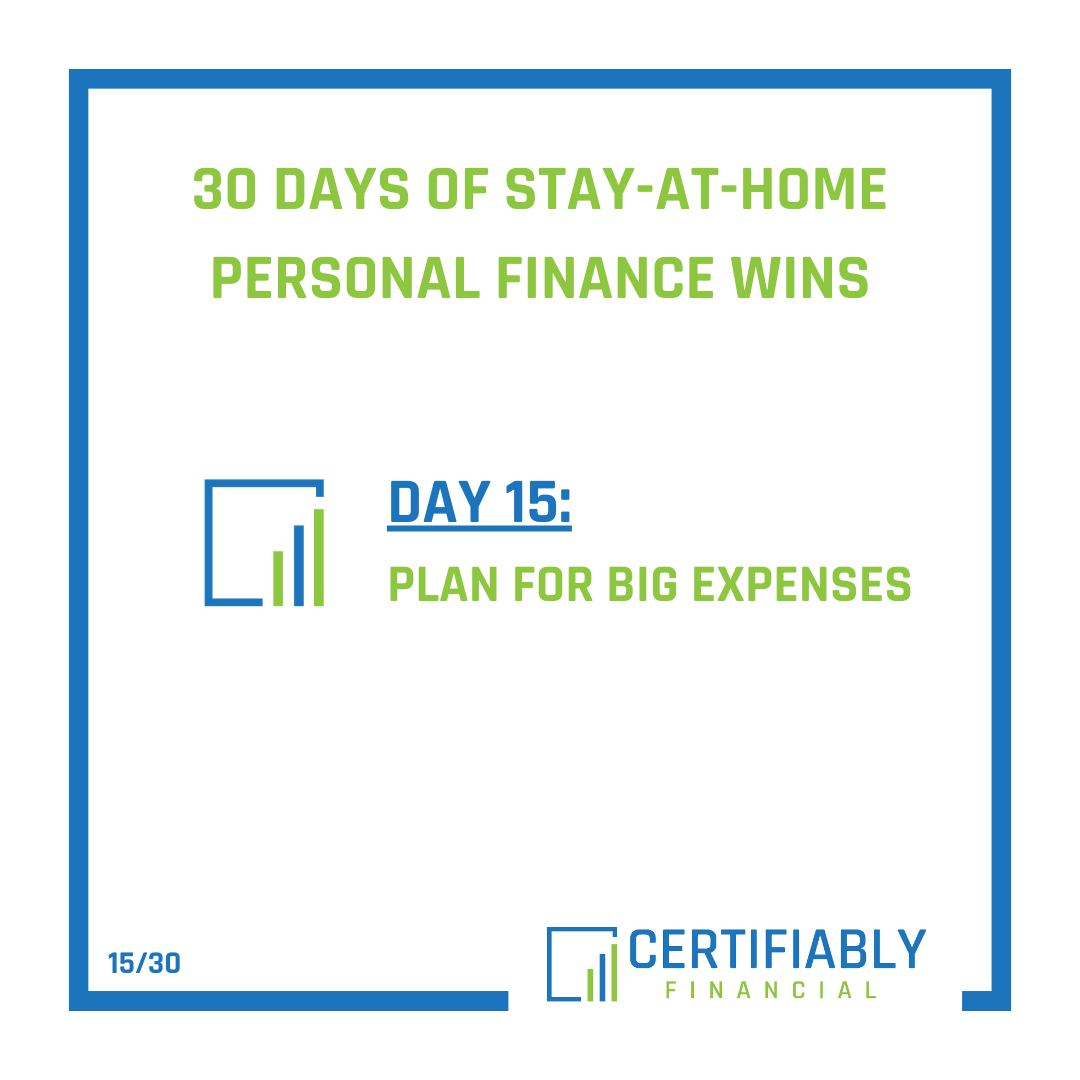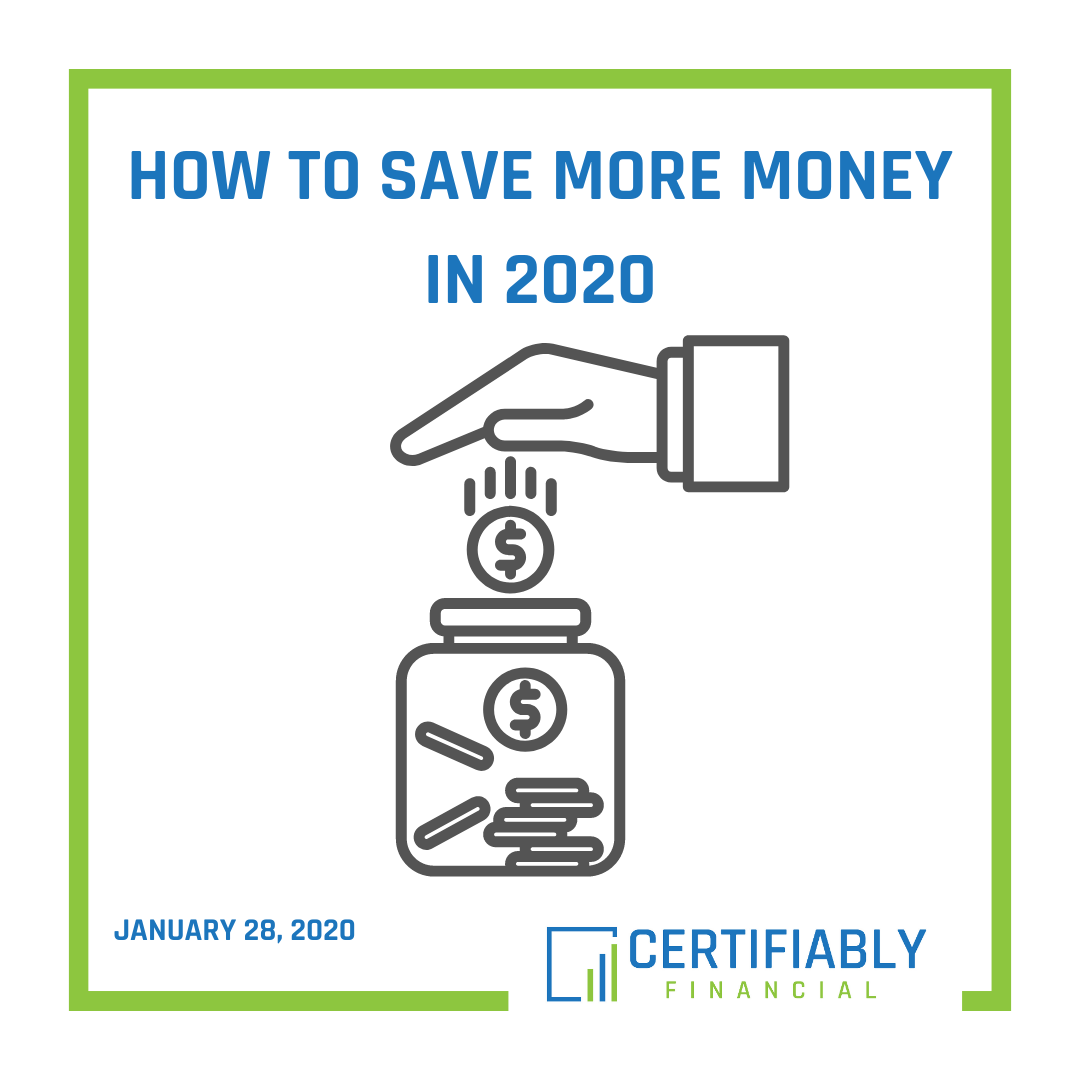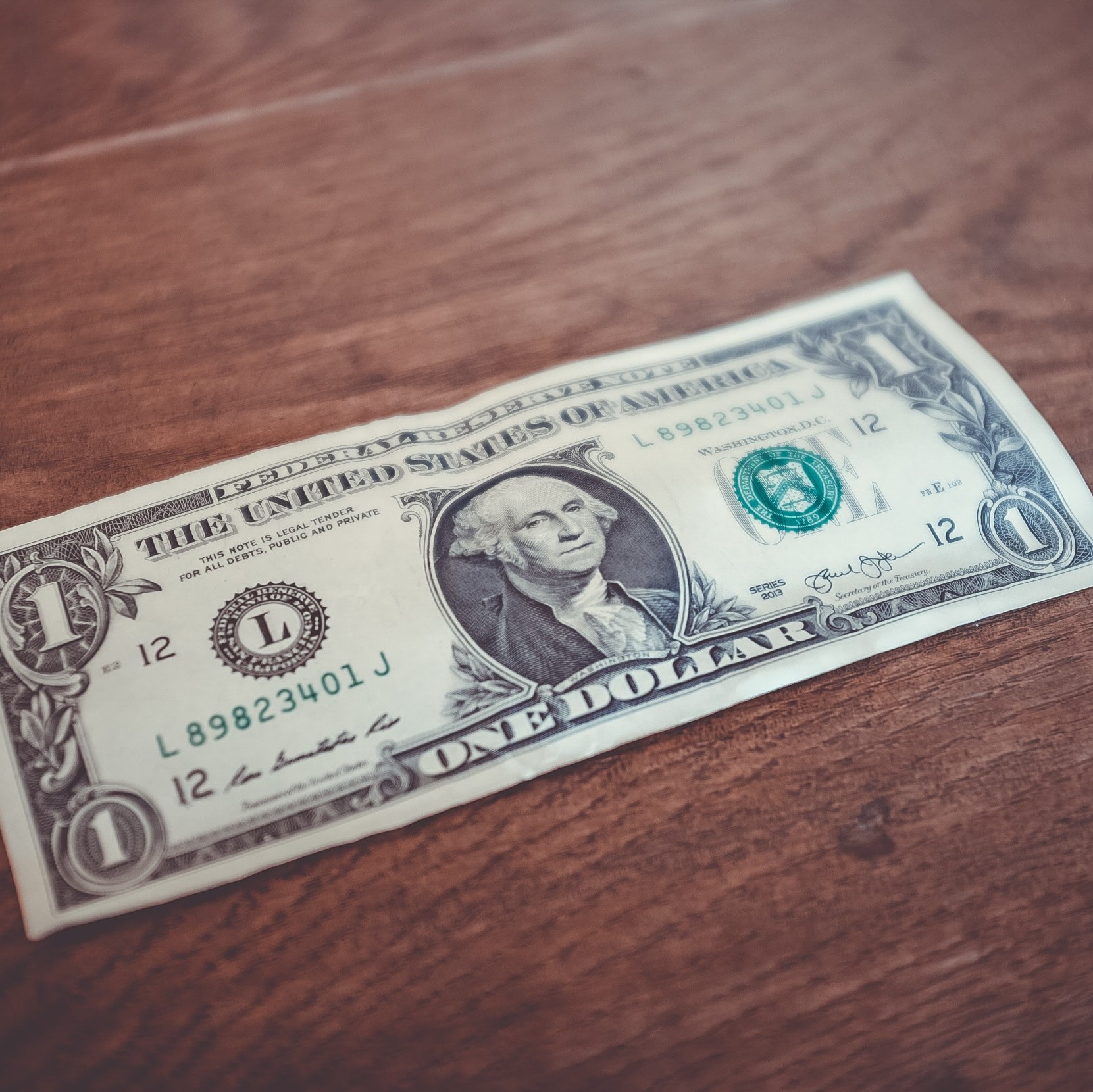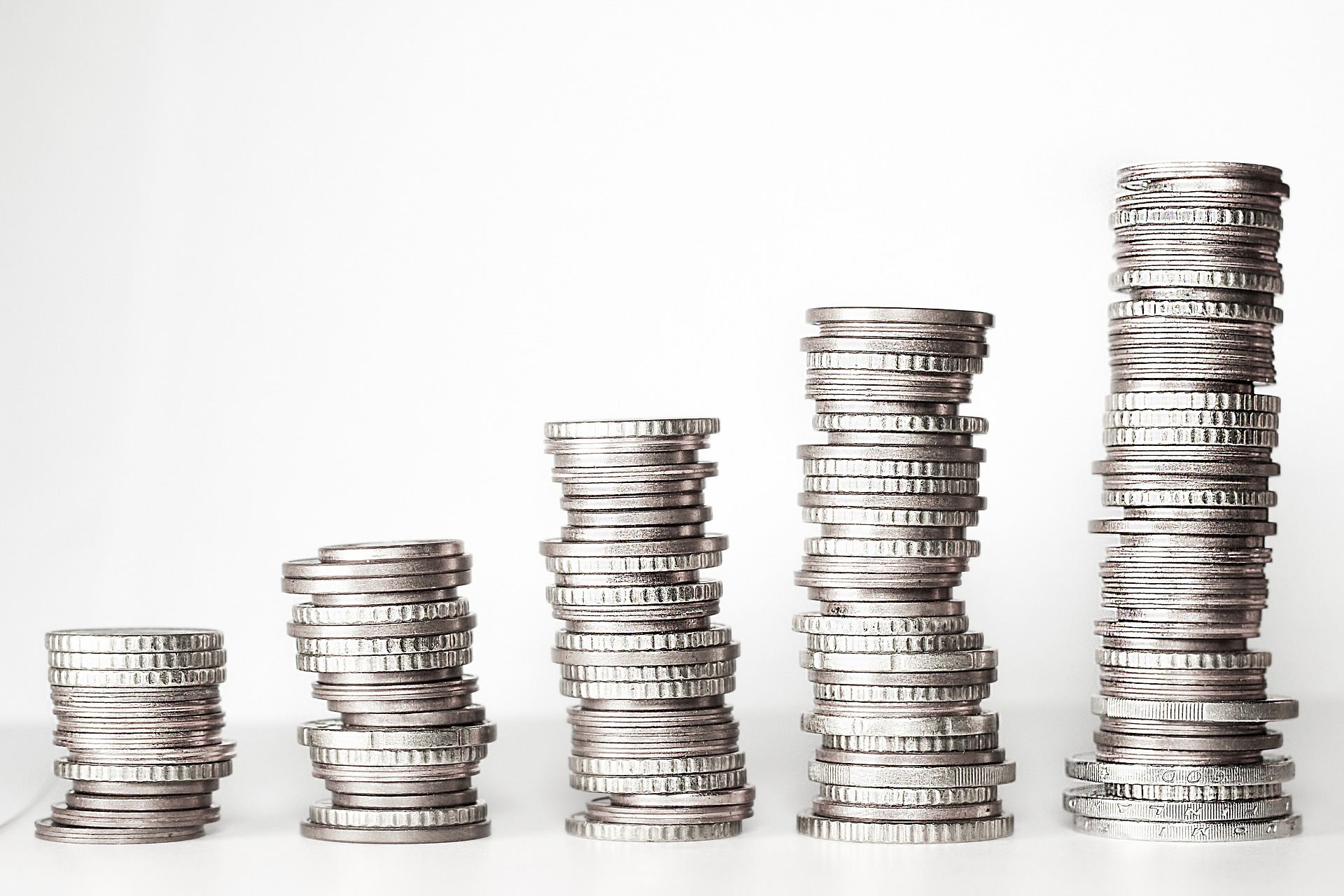Finding a way to pay for at least part of a child’s or grandchild’s college education is a goal of many parents and grandparents. Unfortunately, the fast rising costs of college can make achieving this goal difficult. According to finaid.org, college education expenses are inflating at an average of 8% per year1.
Save
Day 18 Of 30 Days Of Stay-At-Home Personal Finance Wins: Increase Your Retirement Account Contributions
What if you were able to come out of this time of social distancing and economic crisis with a stronger and healthier financial life? What if you looked at this as an opportunity to take a little bit of your extra time each day to work on your finances?
Day 15 Of 30 Days Of Stay-At-Home Personal Finance Wins: Plan for Big Expenses
What if you were able to come out of this time of social distancing and economic crisis with a stronger and healthier financial life? What if you looked at this as an opportunity to take a little bit of your extra time each day to work on your finances?
Day 11 Of 30 Days Of Stay-At-Home Personal Finance Wins: Free Up Cash Flow
What if you were able to come out of this time of social distancing and economic crisis with a stronger and healthier financial life? What if you looked at this as an opportunity to take a little bit of your extra time each day to work on your finances?
How to Save More Money in 2020
Figuring out how to save more money is one of the most common financial New Year’s resolutions along with sticking to a budget and paying down debt. Saving more money is a great goal to have but is much easier said than done. We all have things that we love to spend money on and, maybe even more detrimental to our savings goals, it has become so easy to spend on “small” things without thinking. Just like sticking to a budget and paying down debt, saving more money can be a difficult task to achieve but you’re more likely to be successful if you create a solid money savings system.
Where Should I Keep My Cash?
Something that I’ve been coming across lately is people who are keeping too much cash in a checking or savings account with a 0% interest rate. They want to keep the money in cash because they want to maintain an emergency fund or they have a short-term goal that they need to pay for, but they don’t know where else to keep it besides where it is.
Savings As A % Of Income
A client recently emailed me letting me know that she got a new job with a significant raise. She wanted help with selecting her employee benefits and said that she was going to contribute enough money to her 401(k) to make sure that she received the employer matching contribution, but she mentioned that she remembered that last year’s financial plan showed that she needed to contribute a higher percentage of her income, although it was at a much lower salary.
Pay Up
I moved to a different apartment over the weekend and between everything that comes up during the moving process I was reminded of a money-saving lesson: Sometimes paying a large sum up-front can save you money in the long-run.
IRA
Since I wrote about 401(k)s earlier this week, I figured I’d write about IRAs today. Not everyone has a job that provides an employer-sponsored retirement plan such as a 401(k). When this is the case, an IRA can often be a good alternative to start with to save for retirement.
401(k)
The other day, someone asked me how I feel about 401(k)s. They told me that they weren’t sure about them and that they wanted to invest riskier but they hate not being able to touch it for so many years.

